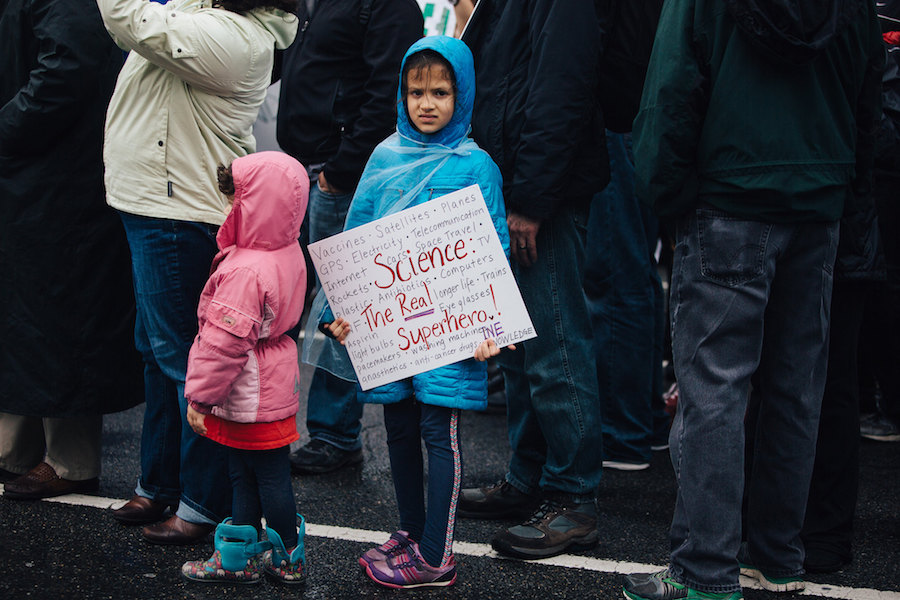
On Dec. 27, 2017, President Donald Trump posted a tweet implying that the extreme cold weather blasting the eastern U.S. stands as further proof against the existence of climate change, noting that the North sure could “use a little bit of that good old Global Warming.”
But there I sat in Yosemite National Park in eastern California, where temperatures rested at a disturbing 60 degrees Fahrenheit and not a speck of snow had fallen in over a month — unusual for the December average of five inches, with temperatures hovering around 47 degrees.
Let’s face it: Climate change is the annoying relative at the dinner table who ends up, without fail, discussing politics. You know, the one who leaves the room in a tense silence oozing with regret because, at the end of the day, you know deep down that the fault lies with you for his invitation.
This is to those of you who have the luxury of remaining happily ignorant toward the problem: you, the young students who will likely live to see this change.
You don’t have to care about the fragility of the polar bear species. You don’t have to like nature or outdoor activities. You don’t even have to care about the state of the oceans.
Understand, however, that climate change will have a direct impact on your individual life.
Addicted to coffee? Scientists predict that the beloved bean will be extinct by 2080 due to a changing climate. The same applies to chocolate.
Just can’t get enough of that sushi from that one Japanese restaurant down the street? Sharp increases in ocean temperatures are set to drive fish into extinction by 2040, meaning no more sashimi.
Maybe you don’t enjoy those luxuries. Maybe, because you can’t notice the effects today, global warming remains a vague concept at the back of your mind.
Maybe you won’t be alive in 2080.
What about your children, or your grandchildren? Do you want them to know the sensation of snow falling on their tongues or the surprise when they see whales breaching in the ocean for the first time?
Your future is in the millions of homes in Cape Town, South Africa, whose residents will turn their faucets in April, only to find that no water will come out.
Your future is in the Parisian houseboat owners whose only hope of keeping their boats afloat is to pray that the Seine will only swell 18 feet.
Your future is in the Puerto Ricans and those in the Caribbean whose entire livelihood, entire homes were crushed by two consecutive Category 5 hurricanes.
This planet is our legacy, our inheritance. It’s time that we see past the lengths of our noses and remove our heads from the sand.
To think big, you must start small, and so by substituting old unhealthy habits for new ones, then you are contributing to the preservation of something we cannot even begin to consider losing.
Do your research if you have access to credible resources and make small adjustments to your daily routine if you can. Most importantly, eat less beef and red meat — cows and livestock produce 14.5 percent of total carbon emissions, and agriculture itself produces 24 percent of global emissions totals. Emissions from transportation, in contrast, is only at 14 percent, according to the Environmental Protection Agency.
If we accept climate change as a lost cause, then we’ve already forfeited the only chance we had.
Written by: Erin Hamilton — elhamilton@ucdavis.edu
Disclaimer: The views and opinions expressed by individual columnists belong to the columnists alone and do not necessarily indicate the views and opinions held by The California Aggie.



